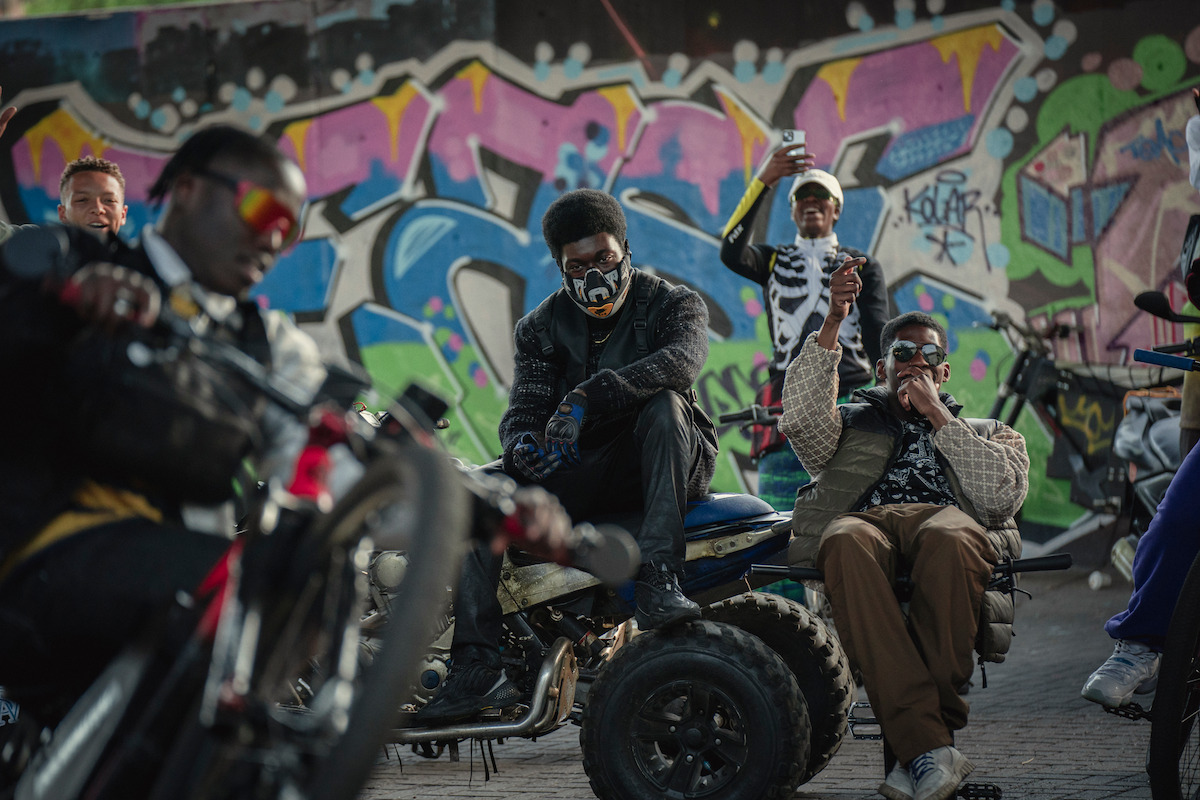Netflix Drops Surprise Sci-Fi Gem: Year’s Best Sci-Fi Dystopian Release!
Netflix has developed a pattern of acquiring promising titles, only to add them to its catalog without substantial promotion. This issue has become more significant as the streaming platform expands. Among Netflix’s recent acquisitions, one standout deserving more attention is a dystopian thriller named “The Kitchen.”
Despite its unheralded Netflix premiere, The Kitchen is noteworthy as Daniel Kaluuya’s directorial debut, in collaboration with short film director Kibwe Tavares. Kaluuya, also involved in co-writing with Joe Murtagh from “Gangs of London,” presents a unique vision of a dystopian, near-future London with an unconventional narrative of found family, centered on Britain’s Black diaspora. While the film’s distinctiveness would ideally be showcased on a big screen, it, at the very least, merits exposure to a wider audience.
The Kitchen is a potent story set to unfold. Situated in a housing project on London’s South Bank, this domain stands as one of the last strongholds resisting the city’s internal gentrification, resulting in a sprawling, cubist landscape. Authentic pockets of culture and life persist in this complex, where reluctant hero Izi (Kane Robinson, known as rapper Kano) finds himself at the epicenter.

Born in the Kitchen, Izi is determined not to spend another day in the projects. His job at an environmentalist funeral home provides just enough funds for a move to a better part of town. However, complications arise when he encounters the recently orphaned Benji (Jedaiah Bannerman), who insists his deadbeat dad is still present in the housing project. This sparks an unlikely bond between them amid the crumbling fortress.
As Benji adapts to life in the Kitchen, its underground dance halls and pirate radio sessions become integral to a promising new life. While the Kitchen has its criminal elements and challenges like power outages and police raids, it’s also the only community Benji has ever known. The film explores the lure of neon lights and the sense of belonging within a tight-knit group of lost boys.
Kaluuya and Tavares’ directorial debut focuses less on action and high-concept thrills and more on an understated portrayal of The Kitchen’s tech-infused dystopia. The film sheds light on housing inequality and increasing state surveillance rather than flashy artificial intelligence. In this future, the marginalized lack the tools to combat existing technology, strengthening systemic injustice. The citizens of the Kitchen are compelled to rely on each other in the face of impending destruction.
The film emphasizes that the depicted reality already exists in certain corners of the world. Police raids and Izi’s encounters with accommodating AI are portrayed with bleak brutality and familiar microaggressions. The intimate moments between Izi and Benji become crucial, highlighting their communal resilience.
“The Kitchen” serves as a subtle, speculative exploration, aligning with recent Black-led futurist stories. Despite using a futurist premise, the film seamlessly weaves the slow-burning narrative, ensuring that the heart-tugging dynamic between Izi and Benji remains central to the storytelling.
